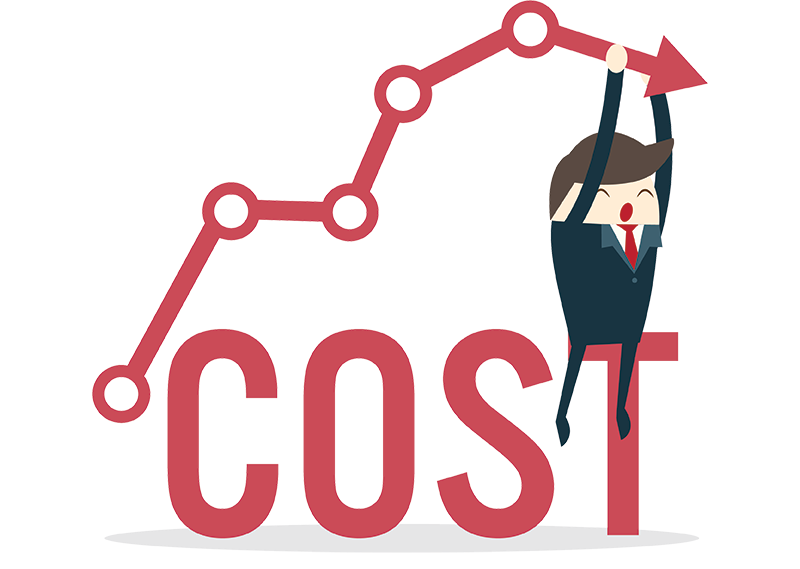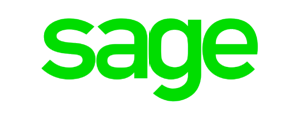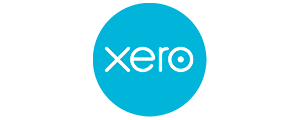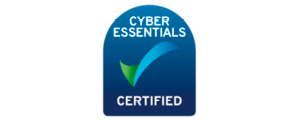Direct Debit is a fully automated payment type that moves money from one bank account to another on a recurring basis. This electronic transfer and collection of money through the banking system is run by Bacs in the UK and is closely regulated for security and fraud prevention.
A business can access the Direct Debit scheme either directly, by becoming a Direct Debit originator or indirectly, through a third-party specialist provider.
What is a Direct Debit Originator?
 A Direct Debit originator is the name for an organisation that has been granted permission to collect Direct Debits from customers, directly manage the submission of payments to Bacs and run the entire Direct Debit process in-house.
A Direct Debit originator is the name for an organisation that has been granted permission to collect Direct Debits from customers, directly manage the submission of payments to Bacs and run the entire Direct Debit process in-house.
First, they must be authorised by a bank to submit directly to Bacs. Once approved, they will be provided with a Service User Number (SUN). This is a unique reference code that identifies the organisation and allows it to access the Direct Debit system.
It also ensures that their name is on customers’ bank statements, as well as enabling any service glitches to be identified, and for any complaints or refunds to be processed quickly.
Should My Business Become a Direct Debit Originator?
Becoming a Direct Debit originator is an option for businesses that:
-
Have a huge volume of Direct Debits to process
The cost per transaction will significantly decrease depending on the number of Direct Debits being managed.
-
Want to have complete control over their Direct Debit payments
Managing this payment method internally ensures full oversight, that their name appears on customers’ bank statements and that they are in charge of all payment specifics.
-
Are willing to invest in Bacs-approved software
Submitting Direct Debits to Bacs is through an authorised, secure channel called Bacstel-IP that must be purchased and installed.
-
Are prepared to spend on staff costs
Managing Direct Debit collections for thousands of customers takes dedicated, skilled employees and ongoing staff training. The day-to-day administration of submitting payment instructions directly to Bacs, and managing and creating the relevant data and files required, must be completed to exacting standards. This will avoid complaints and the risk of a SUN being withdrawn.
-
Have revenues of more than £1 million
Many banks will only approve organisations with significant revenues, possibly up to £10 million, as each bank varies. This is to ensure that the organisation can afford to run the process internally and because the bank effectively acts as a ‘sponsor’ for the organisation with Bacs.
-
Have funds to cover a bond
Banks might ask for a bond from an organisation before granting a SUN, this could be from £50,000 to £500,000 depending on the bank and organisation. There’s a risk involved from the bank to authorise businesses that might abuse the system so this helps to guarantee a safe and responsible user.
-
Are not in a rush
Setting up a Direct Debit procedure in-house and applying for a SUN can take between three to six months to complete. Various checks need to be run, forms filled and documents and procedures analysed.
-
Can meet all the criteria of your bank
Each bank has set criteria for supplying SUNs to organisations, this can include an organisation having the financial reserves to refund any indemnity claims under the Direct Debit Guarantee; proven financial management expertise; and proof of business integrity.
Organisations that have a high turnover, an established trading history, and process a high volume of Direct Debits will often choose to submit directly to Bacs. Although there are initial expenses and an ongoing time-investment, in the long-term this route substantially reduces their Direct Debit costs.
How to Become a Direct Debit Originator
 To become a Direct Debit originator a business needs to work closely with its bank. It should understand all the bank’s criteria and ensure it meets each requirement.
To become a Direct Debit originator a business needs to work closely with its bank. It should understand all the bank’s criteria and ensure it meets each requirement.
If there are conditions that a business doesn’t meet, it will need to change procedures or update operations. Therefore, the first step for a business is to contact its bank to set up a meeting with an appropriate and well-informed representative.
All banks vary, however there will be application forms to complete, in-depth checks on the business and potentially a request for different documents, financial records and operational reports.
The bank will also provide information on Bacs, the Direct Debit scheme and how it needs to be administered. Bacs offers training which might also be recommended or a requirement.
Once a bank approves a business, it will then provide the Service User Number. Once the SUN is granted, a business can start collecting Direct Debits.
What Are the Other Options?
Submitting directly to Bacs isn’t feasible for many organisations. For example, large corporations that have a low volume of Direct Debits or smaller businesses that either can’t get a SUN from their bank, or that have a SUN but don’t want to manage the process internally.
The other option is to become an indirect submitter. An indirect submitter outsources its Direct Debit collection to a third-party specialist provider called a bureau. These bureaux have been carefully vetted by Bacs and approved to submit Direct Debits on behalf of other businesses.
Bacs has a list of approved bureaux. Businesses can select a provider from this list with the reassurance that it has been through rigorous checks and complies with the standards and procedures of the Direct Debit scheme.
More than half of the organisations using the Bacs service make their payment submissions through an approved bureau rather than submitting directly as a Direct Debit originator.
A third-party provider, such as FastPay, will:
- manage the process of submitting payment files to Bacs on your behalf
- provide relevant documentation in order to obtain authorisation from customers
- report on the status of Direct Debits, e.g. flagging if one is returned
Indirect Submitters Have Two Choices
 There are two routes that an indirect submitter can take:
There are two routes that an indirect submitter can take:
-
Bureau service
The bureau service is for businesses that have a SUN but don’t want to become a Direct Debit originator and manage the process in-house.
A business’ bank will link their SUN to the bureau’s unique identifier number. This number is provided to a bureau by Bacs so that all transactions can be recognised and recorded.
-
Managed service
The managed service is for those that don’t have a SUN. It’s normal for many sole traders, charities, partnerships and smaller organisations not to be supplied with a SUN from their bank.
Instead, the third-party provider will provide a business with a personalised Service User Number, rather than the bank.
Bureau Service
Businesses with a bank-sponsored SUN can use the bureau service from FastPay. Once the SUN is supplied, and the account set up, FastPay can have you up and running within 24 hours.
Direct Debits will be collected from customers with the bureau invisible, as the business’ name is stated on bank accounts and not the bureau’s name. The funds are collected and transferred directly into the business’ bank account.
The process is simple. FastPay supplies branded templates and documentation that make it easy to move customers onto Direct Debit payments. Then it prepares and submits Bacs AUDDIS collection and payment files, and instructs Bacs to process them on the chosen date. On the collection day, Bacs directly transfers the money from customers’ bank accounts into the business’ account.
Managed Service
As part of the managed service, FastPay provides a personalised SUN to businesses that don’t have their own. As with the bureau service, it’s quick to set up and is invisible to a business’ customers.
All templates and documents are supplied, and the payment process fully managed. The main difference is that money is credited to a Client Trust Account which FastPay holds in the business’ name. Once the funds clear, the monies are transferred into the business’ bank account.
Direct Debit Costs
 When considering which option to take, as either a direct submitter or indirect submitter, it’s important to calculate and forecast Direct Debit costs.
When considering which option to take, as either a direct submitter or indirect submitter, it’s important to calculate and forecast Direct Debit costs.
A Direct Debit originator that submits directly to Bacs must consider the staff, training and software investment. They must also factor in the bank bond, and have funds available to indemnify the bank if any Direct Debits are returned.
An indirect submitter outsourcing to a third-party provider will have set-up fees and ongoing transaction charges to consider. However, for SMEs, this is often very affordable.
The FastPay bureau service starts at just 3p per Direct Debit, based on volume, with a one-off set-up fee of £375. The managed service is from 10-50p per transaction, with a set-up charge as low as £175. There are no monthly or annual fees and both services work on a flexible pay as you go system.
More information on pricing can be found here.
Direct or Indirect?
Becoming a Direct Debit originator is a great option for larger businesses that process a high volume of Direct Debits. The long-term savings on Direct Debit costs outweigh the upfront investment and ongoing expenses.
However, for many businesses it’s more cost-effective and convenient to outsource Direct Debit collections to a Bacs-approved bureau such as FastPay.
Whichever route is taken to access the scheme, Direct Debit is a trusted, secure and easy payment method that every business can take full advantage of no matter the size, sector or life stage.












